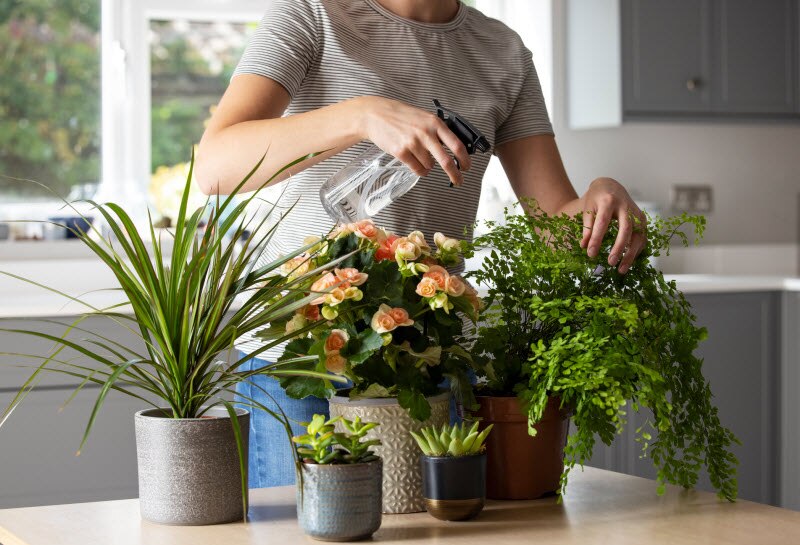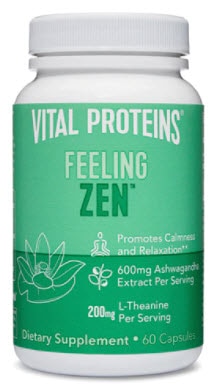“Hobby” seems such a dowdy word and one with too many parameters, as in: I do this particular thing, which is supposed to bring me pleasure, because I tried to find something to do that would bring me pleasure. Until this writing I didn’t refer to my fascination with studying, buying, pruning, propagating and caring for plants as a “hobby” though I suppose it is. I prefer to think of my plant-love as something that linked to my respect for the environment and that grew from curiosity, though upon this retelling it seems a little ridiculous to draw the distinction.
 Nevertheless, I’m betting you too have “hobbies” that you never defined as such, activities that bring you joy, a sense of satisfaction or both. Here are 5 more things hobbies can do for your psyche:
Nevertheless, I’m betting you too have “hobbies” that you never defined as such, activities that bring you joy, a sense of satisfaction or both. Here are 5 more things hobbies can do for your psyche:
1. Reduce stress
Lots of studies show that hobbies reduce stress, but does research really matter? Probably not, and that’s only because we intuitively know that doing things we enjoy, aka engaging in hobbies, dials down our anxiety. It’s obvious; that’s why we do them. For good measure, though, here’s one compelling study: Analysis in Journal of Health Psychology showed that 30 minutes of gardening not only reduced cortisol levels in participants but also put participants in a good mood. No wonder I love playing with plants. Speaking of mood…
2. Improve mood
Enjoying an activity and the rewards an endeavor yields each release feel-good hormones such as endorphins and dopamine, studies show, improving mood short-term—and long-term.
3. Ward off memory loss
Engaging in a hobby at least one hour a day can keep dementia away, according to a study in the American Journal of Alzheimer’s Disease & Other Dementias. Hobbies also generally help us focus, sometimes dropping us into delicious flow states, wherein we are consumed with what we’re doing, instead of being consumed with what happened yesterday or could happen tomorrow.
4. Increase self-esteem
No surprise: Mastering a skill builds confidence, as does working toward mastering a skill. And spending down-time on a leisure undertaking of your choice can translate directly to professional confidence, according to a recent study in Journal of Vocational Behavior.
5. Extend your life
The benefits above collectively contribute to mental health in positive ways. In turn, those collective benefits generally help us have longer, healthier lives. Still, studies specifically looking at longevity show that hobbies indeed extend life, particularly for the elderly.
There are caveats to “hobbies” though.
Hobby … or (bad) habit?
A Google search of scholarly articles for “hobbies mental health” lit my computer screen with 18,600 hits. But then I got to thinking about how “hobby” does not necessarily equal “good.” Take, for instance, gambling or social media trolling—the list could get really deranged, so let’s leave it at that.
What matters more than simply having a hobby is whether a particular hobby is a decent diversion in a basic sense. So consider taking inventory of your hobby to see if it is just a bad habit disguised. If it is, you’ll be comforted to know that there are healthful hobbies proven to pull you away from it.
Hobby … or your job by another name?
If your hobby is too similar to your vocation, it could wind up conferring fewer positives, studies show. There certainly are exceptions to this; I’ve witnessed them. You’ll know you’re on the wrong track if you barely feel the benefits listed here. In that case, see which other activities speak to you—and they can be as simple as listening to music, dancing or going for walks, all of which the experts consider to be potential hobbies.
Mitra Malek is a news journalist and former Yoga Journal editor.

